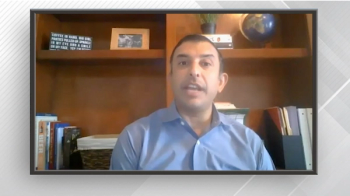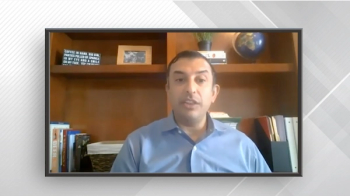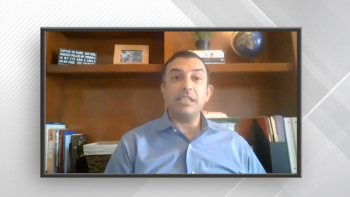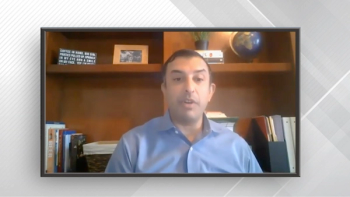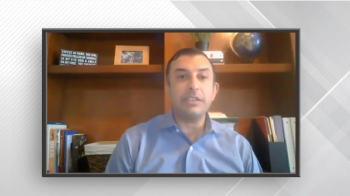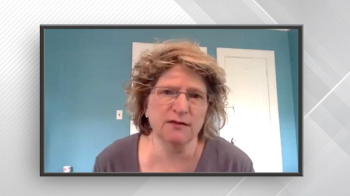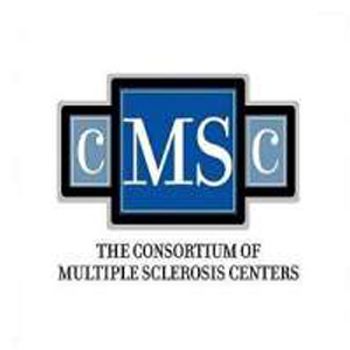
In addition to the 2020 CMSC Virtual Meeting, attendees will be eligible to earn up to an additional 18 contact hours of continuing education.

In addition to the 2020 CMSC Virtual Meeting, attendees will be eligible to earn up to an additional 18 contact hours of continuing education.

Recipients of the award will be provided additional funding that will go to support porgrams for MS patients and their care partners.

The neurologist at the Mellen Center for Multiple Sclerosis Treatment and Research at Cleveland Clinic discussed how the agent might fit into the treatment landscape if its sBLA is approved by the FDA later this year.

The founding executive director and chief science officer at the Alzheimer’s Drug Discovery Foundation discussed the landmark findings from Biogen on its agent aducanumab and the impact the trial might have on the future.

Compared to those with normal fasting glucose levels, those with Type 2 diabetes had poorer cognitive performance at 3 and 6 months after suffering a stroke, based on data from the STROKOG consortium.
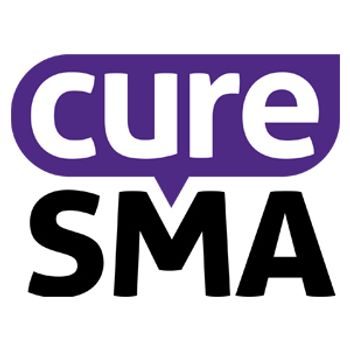
Cure SMA joins the list of influential and impactful organizations within the Strategic Alliance Program.

Contrary to prior literature, a new single-center analysis suggests that obstructive sleep apnea is not associated with delirium in those who were postoperatively admitted to the ICU, though PAP may reduce delirium in this patient population.

The association between black individuals and processing speeds may explain the black-white disparities in dementia risk at older age.

The staff neurologist, Vice-Chair of Operations, and Quality Improvement Officer at Cleveland Clinic Neurological Institute discussed the institute’s transition to telemedicine and how it has been utilized.
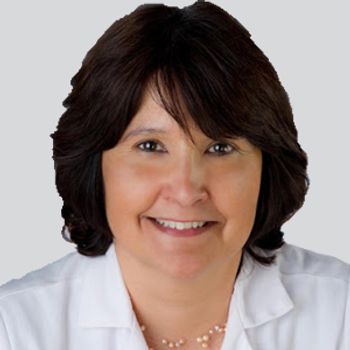
The new data further cemented the therapy’s consistent safety profile from previous studies as well as demonstrated a newfound durability in patients with later-onset spinal muscular atrophy.

Women with multiple sclerosis had a greater risk of macrovascular disease than men, which was consistent with previous studies.

The newly appointed director for the Center for Experimental Neurotherapeutics at St. Jude Children’s Research Hospital gives an overview on what neurologic disorders the new center will focus on.

During the COVID-19 pandemic, it is more important than ever to ensure that a patient with stroke is transferred to the right hospital the first time around.

With an FDA decision on a BLA for the Genentech agent expected later this year, the Group Medical Director of Neuroscience at Genentech shared insight on recent findings of satralizumab in NMOSD.
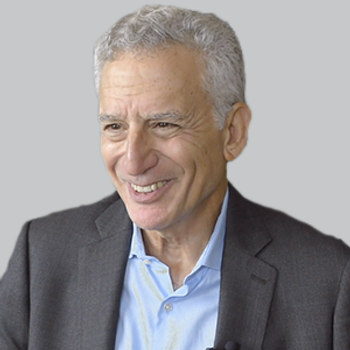
The Alzheimer’s Drug Discovery Foundation made 5 new investments through its Diagnostics Accelerator initiative, through which it has $50 million in commitments from leading scientific philanthropists such as Leonard A. Lauder, Bill Gates, Jeff Bezos, and MacKenzie Bezos.

Artificial intelligence unlocks new potential to expand neuroimaging tools and techniques available for disease detection and prevention.
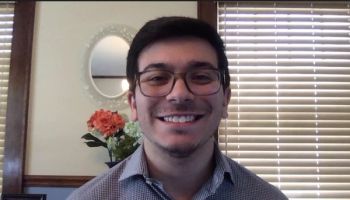
Neurology News Network for the week ending May 16, 2020.

Take 5 minutes to catch up on NeurologyLive's highlights from the week ending May 15, 2020.

The director of pediatric epilepsy and professor of neurology at Mayo Clinic detailed how care for patients with epilepsy has changed during the COVID-19 pandemic.
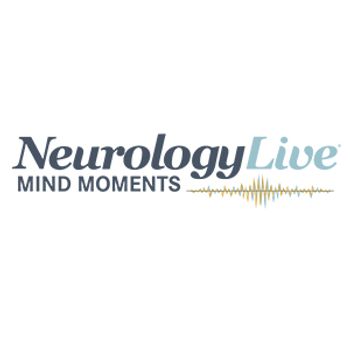
"Mind Moments," a podcast from NeurologyLive, brings you an exclusive interview with Jennifer Frontera, MD.
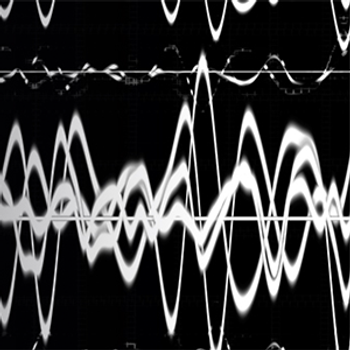
A cross-sectional, case-control study’s findings imply that patients with epilepsy may be experiencing high rates of psychological distress amid the COVID-19 pandemic.
